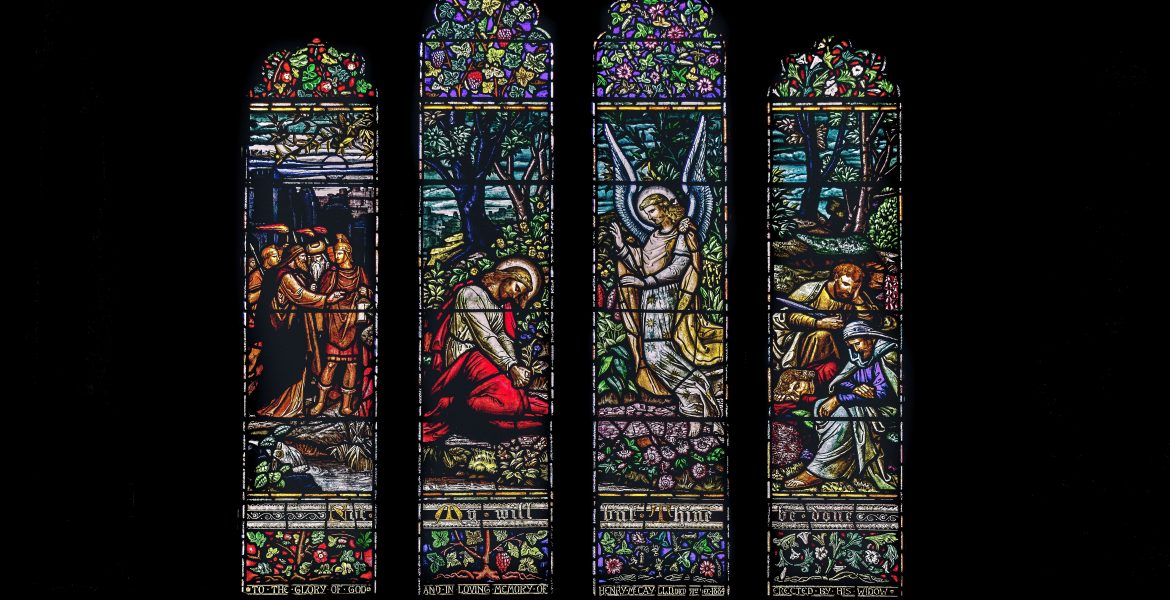It would be no mistake to consider Switzerland as the champions of religious tolerance and the promoters of a modern secular society in which religious righteousness, respect, freedom, and peace are recognized as key values.
In a world where religious ideologies are having a hard time remaining pure, Switzerland seems to know the real meaning of religious freedom. There is and always has been a “Swiss” way of doing things—its most notable accomplishment has been establishing an ever-growing diversity of religious communities that provided the underlying bedrock for the modern Swiss country.
Due to social and demographic changes—the rapid population growth, large immigrant population, changes in social attitudes and lifestyle—Switzerland’s religious landscape has been on shifting sands after the Constitution of 1874. Before that, you could only hear the church tolls howling in the wind and echoing through every street, neighborhood, and Swiss town. Only after Muslim, Jesuit, and Hindu immigrants began to settle in Switzerland and spread their beliefs increasingly was Switzerland’s religious composition expanded and diversified.
Switzerland Major Religions
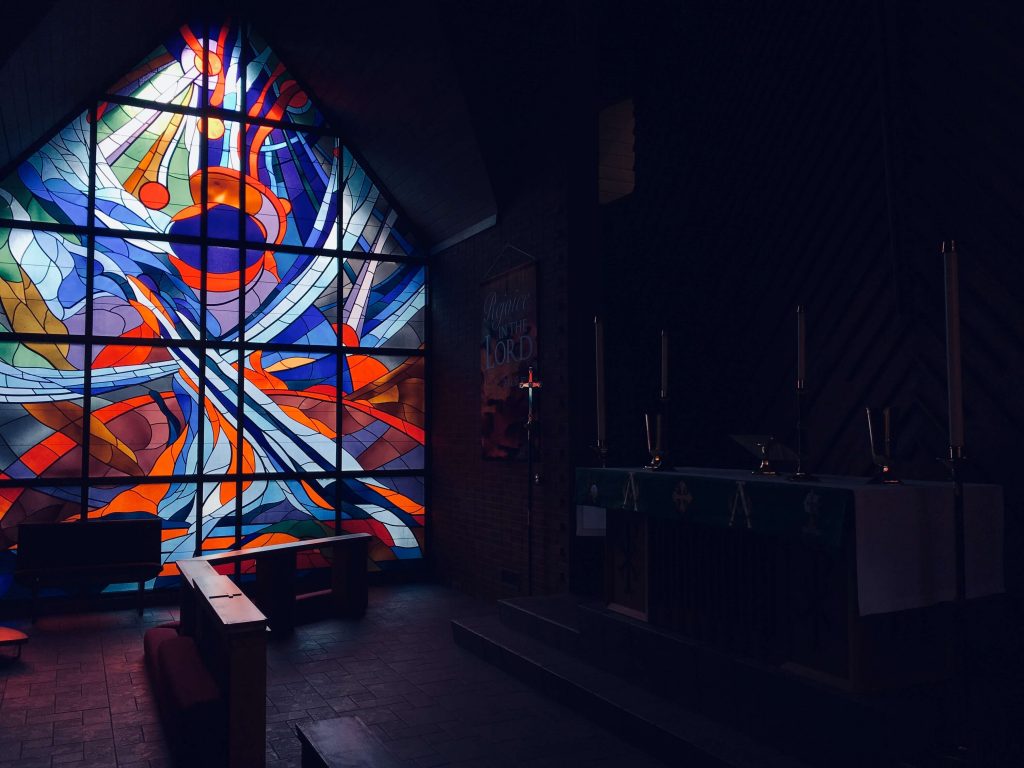
Religion is not something that plays the first fiddle in Switzerland, yet, the Swiss religious affiliation is highly diverse. The country was historically dominated by Catholics and Protestants, which made up the major religious community. The economic prosperity after World War II paved the way for a new wave of immigrant influx, which in turn led to a patchwork of brand-new religions and cultures.
Today, Switzerland embraces a genuine belief towards religious neutrality and tolerance and continues its venture into making the country free from discriminating on religious grounds.
Statistics on Religions in Switzerland
According to official estimates obtained during 2015-2017 of the people older than 15, Switzerland’s primary religion is Roman Catholic making up 35.9% of the total population. Reformed Evangelical follows with 23.8%, other Christian groups constitute a total of 5.9 %, and 5.4% are of Islam religion. What is really surprising is that people who don’t belong to a particular religious community have increased from 3.4% in 1990 to 26% in 2017. With so many people turning away from churches, it only makes sense that the number of people identifying with no religious affiliation has also increased.
Studies on religion in Switzerland found that people leave churches because they no longer believe or agree with religious viewpoints. In contrast, younger ages claim that they have never practiced religion in the first place. In another survey that explored the Swiss attitudes towards religion, participants considered their jobs, sport, and culture far more important than religion. Even the request for church baptism, weddings, and funerals has decreased significantly over the last decades.
Important Religious Sites in Switzerland
That Switzerland promotes religious tolerance and has an ever-growing diversity of religious communities is best illustrated by the non-christian religious sites below:
The Geneva Mosque
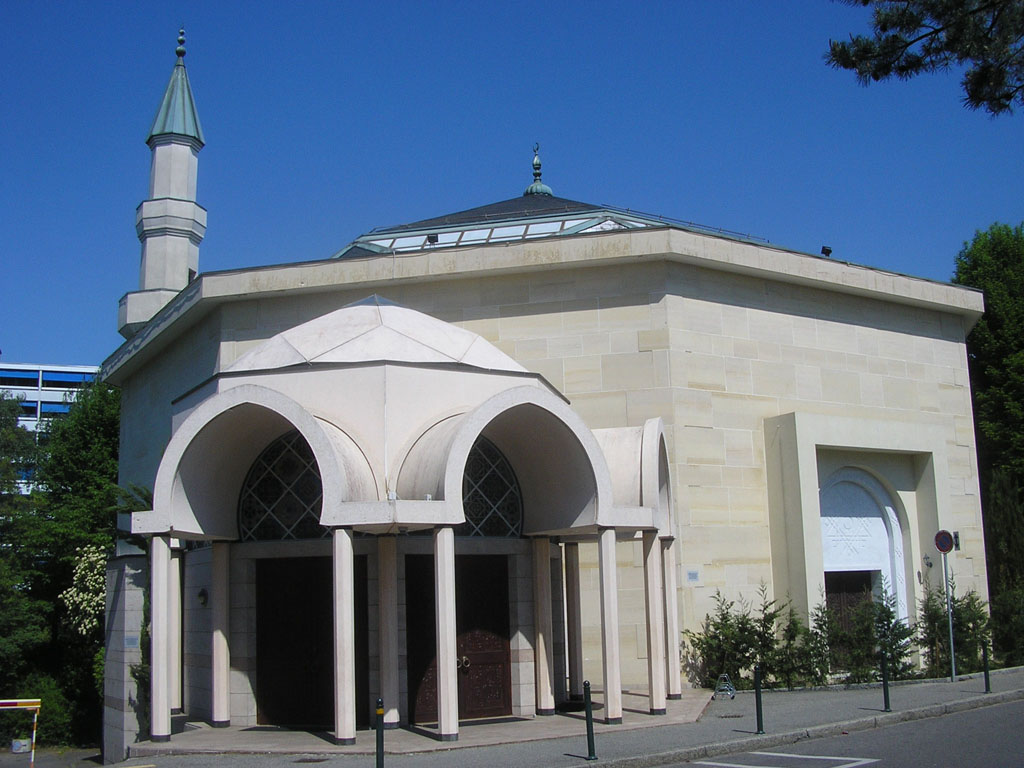
Switzerland is suited for accommodating new religions and offers opportunities for practicing faith in an environment of respect, and this is particularly evident in Geneva. An excellent example is the Geneva Mosque, also known as Mosquée de Petit-Sacconex, built in 1978 in the presence of the Saudi Arabian King and the Swiss Federal Council.
The Apostolic Church
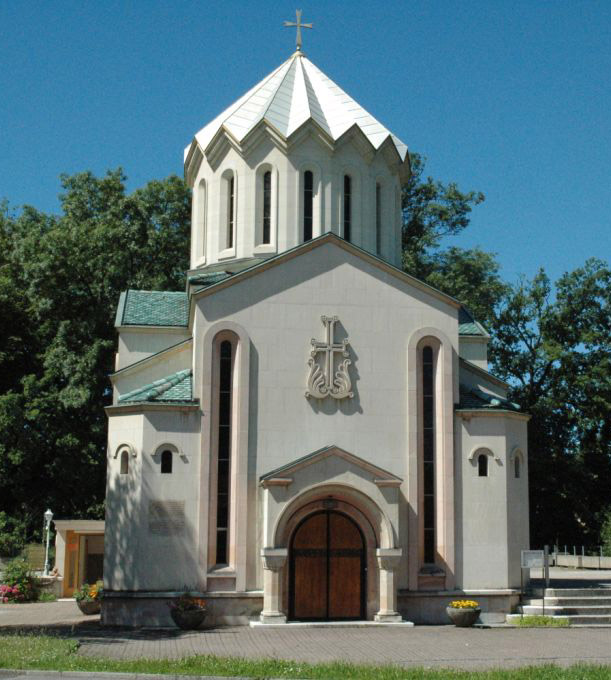
As Armenians started to come to Switzerland in large numbers, they decided to build an Apostolic Church called “Surp Hagop,” located near the center of Geneva surrounded by trees and beautiful vista. The church is strongly associated with Armenian national identity, and only they can enter or be members of the church. It is mainly used to help Armenian people both morally and materially and sometimes is used for educational purposes to teach history and religion.
Fo Guan Shan Temple
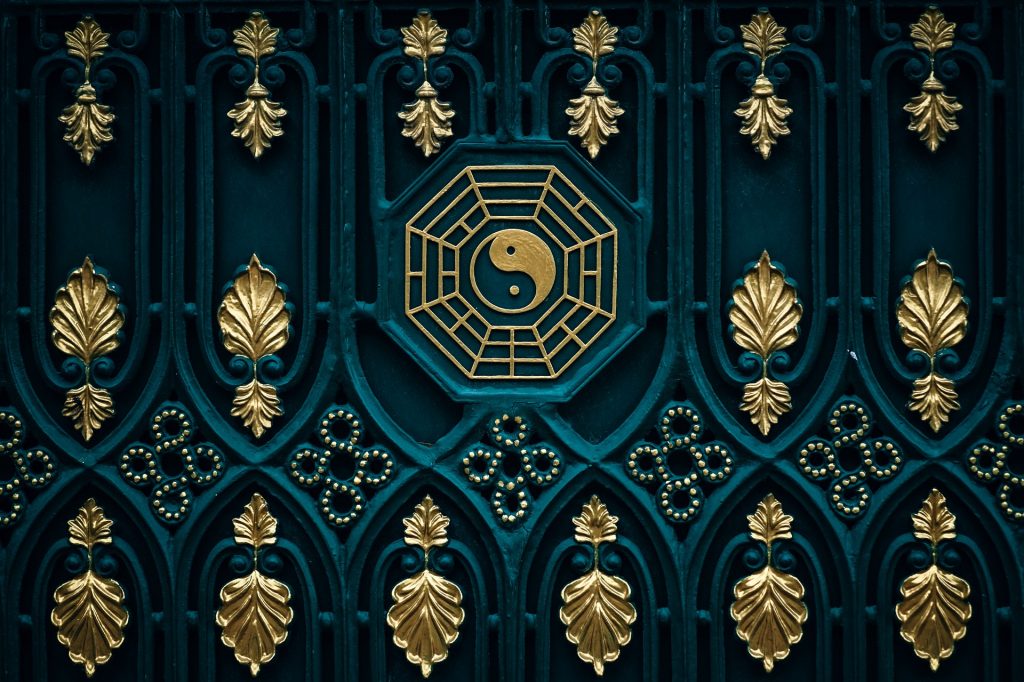
Another example is the Fo Guan Shan temple built in 2006, just 10 minutes away from the Geneva airport. When the temple was inaugurated, more than 1500 people came for its ceremony, including many important religious figures and politicians. The Fo Guan Shan temple arranges different educational activities such as summer camps, Zen chanting and rituals, Mandarin calligraphy, meditation manuals, and many more.
Such examples can be found all across Switzerland, demonstrating the religious diversity under the influence of immigrants who came and settled there.
Religious Freedom is Protected by the Swiss Constitution
The Swiss constitution regulates religious rights at both federal and cantonal levels. Article 15 states that each person has the right to choose his or her religion, be part of religious communities, carry out religious activities and perform prayers. Furthermore, Article 15 prohibits religious discrimination, and no one can be forced to join or leave a particular religious community without his or her own will.
The Swiss government not only accepts one’s religion but also supports it. For instance, prisons are responsible for ensuring that inmates are allowed to practice their faith and that prayer is possible at all times.
Religion and Education
Since religious freedom is guaranteed by the Swiss Constitution, joining religious classes at school isn’t mandatory, and it varies from canton to canton. Public institutions typically offer courses in Roman Catholic and Protestantism; however, in cities such as Ebikon, Lucerne, Kreuzlingen, and Thurgau Canton, schools also provide Islamic classes. In some cantons, religious courses are available only to those who want to join them. Simultaneously, in some cities such as Zurich and Fribourg, they are compulsory and are part of the secondary school curriculum.
For instance, Zurich recently implemented a new subject, “Religion and Culture,” a mandatory course in primary and secondary schools. Children of other minority groups may join classes of their religion and are usually granted when many parents request them. Parents are also encouraged to enroll their children in private religious schools outside school hours and, of course, financed by them personally or by the religious community that they belong to.
There is no place like Switzerland! The sheer religious freedom and peace bear witness to the Swiss people’s determination to build a single nation despite their differences in faith and various religious communities.
FAQs
Are there any laws in Switzerland that protect religious freedom?
Yes, Switzerland’s Federal Constitution guarantees freedom of religion and belief. This means everyone has the right to choose their religion freely and to practice it alone or with others.
What is the historical context of religion in Switzerland?
Switzerland has a long history of religious diversity, largely due to its geographical location and political history. The Reformation in the 16th century was a significant event that split the country along religious lines, with Protestantism taking hold in some regions and Catholicism in others.
How does Switzerland’s religious diversity compare to other European countries?
Switzerland’s religious diversity is quite significant, similar to many other European countries. Its religious landscape reflects the influence of historical events and immigration.
Does religious diversity affect Swiss society and culture? How?
Yes, religious diversity influences many aspects of Swiss life, from public holidays to cultural traditions, education, and politics. It contributes to the rich and diverse cultural heritage of Switzerland.
What role does religion play in Swiss politics?
Religion has traditionally played a role in Swiss politics, particularly during the Reformation. However, modern Switzerland upholds the separation of church and state, and religious affiliations do not usually play a major role in political decision-making.
Has the religious landscape in Switzerland changed over time?
Yes, the religious landscape in Switzerland has evolved over time due to factors like immigration, changing societal attitudes, and secularization. The number of people identifying as non-religious has been on the rise.
What is the significance of religious holidays in Switzerland?
Religious holidays in Switzerland often have cultural as well as religious significance. Christmas and Easter, for example, are widely celebrated. Cantons with large Catholic populations also observe Corpus Christi and Assumption Day, among others.
Are there tensions or conflicts in Switzerland due to religious diversity?
Like any diverse society, Switzerland has seen occasional tensions related to religion. However, its strong commitment to human rights and religious freedom generally promotes peaceful coexistence among different religious communities.
How are religious minorities treated in Switzerland?
Switzerland is committed to protecting the rights of religious minorities. This commitment is enshrined in the Federal Constitution. However, societal attitudes can vary, and issues such as discrimination or bias may still occur.
What is the status of atheism and agnosticism in Switzerland?
Atheism and agnosticism have become increasingly common in Switzerland. Many Swiss people identify as non-religious, reflecting broader trends toward secularization in Europe.
What is the relationship between Swiss education and religion?
In Switzerland, religious education is typically provided by the religious communities themselves. Some cantons provide religious education in public schools, though this varies by region and is usually non-denominational or includes multiple faiths.
How is religious diversity reflected in Swiss media?
Swiss media tends to reflect the country’s religious diversity by covering various religious holidays, traditions, and issues. This includes coverage of religious minority communities and secular perspectives.
Are there notable places of worship for different religions in Switzerland?
Yes, Switzerland has a wide variety of religious architecture reflecting its diversity. These include Christian churches and cathedrals, Muslim mosques, Jewish synagogues, and Buddhist temples, among others.

